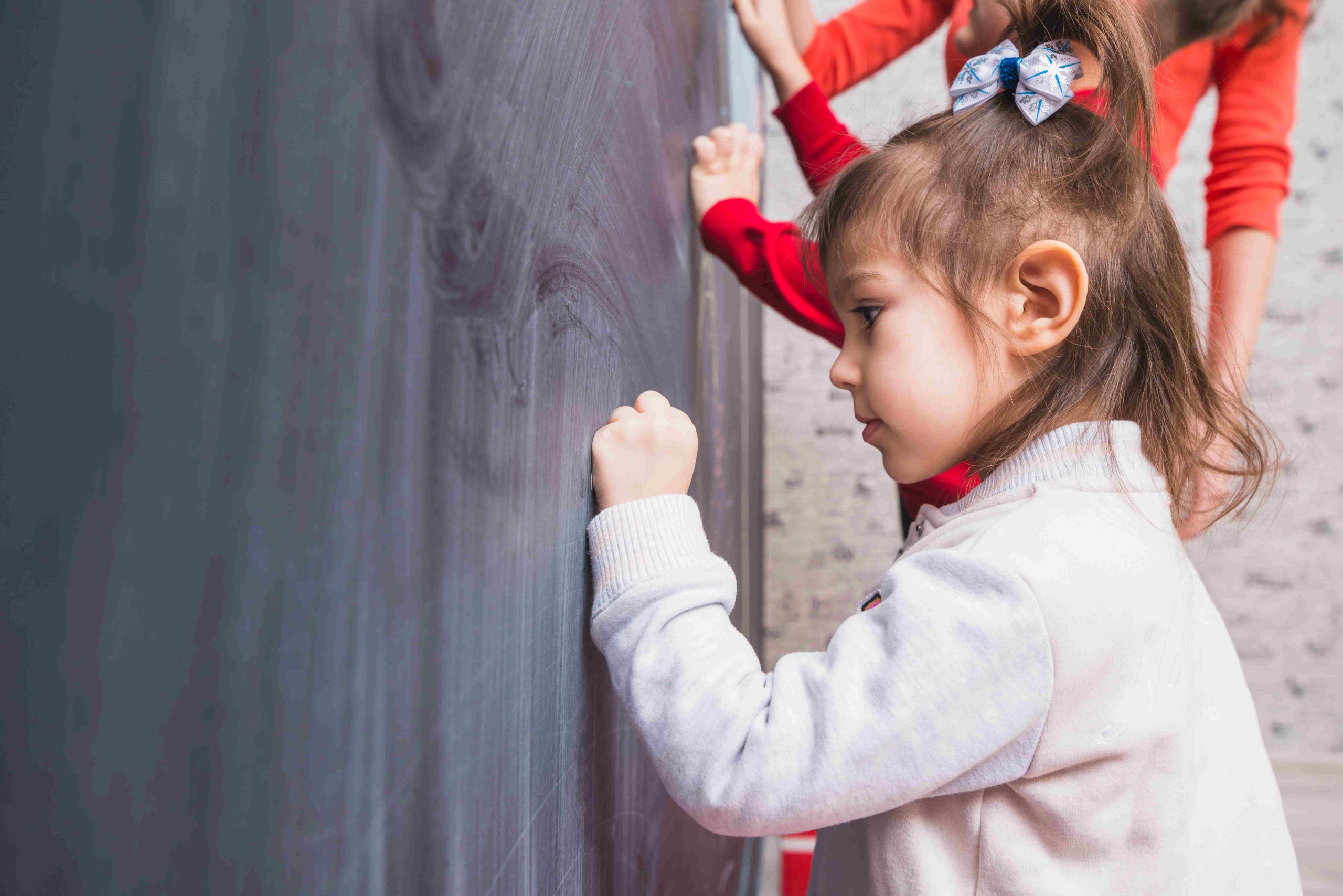
How Enrichment Activities in Preschool and Pre-K Foster Intellectual Growth
As parents and educators, we all aspire for our preschoolers to grow into intelligent, creative, and curious individuals. One effective method to achieve this is by offering them enrichment activities. These activities are crafted to engage young minds and stimulate their intellectual growth. In this article, we will delve into how enrichment activities in preschool and pre-K can positively influence young children’s intellectual development.
Understanding Enrichment Activities
Enrichment activities provide preschoolers with opportunities to explore, discover, and learn about their surroundings. They come in various forms, from arts and crafts to music, dance, science experiments, and outdoor adventures. The overarching goal is to create a rich and stimulating environment conducive to cognitive, social, emotional, and physical development.
Stimulating Brain Growth through Enrichment
Enrichment activities serve as a vital tool for promoting brain development in preschoolers. These activities facilitate brain growth by enhancing fine motor skills, hand-eye coordination, problem-solving abilities, critical thinking, language proficiency, and physical prowess.
Examples of Enrichment Activities
Here are some examples of enrichment activities:
1. Arts and Crafts: Drawing, painting, and other creative endeavors.
2. Music and Dance: Singing, dancing, and playing musical instruments.
3. Science Experiments: Simple experiments to foster curiosity and critical thinking.
4. Outdoor Exploration: Nature walks and outdoor play to promote physical activity and curiosity.
Tips for Selecting Enrichment Activities
Consider these tips when choosing enrichment activities:
- Consider your child’s Interests: Opt for activities aligned with your child’s preferences.
- Consider your Child’s Abilities: Choose activities suitable for your child’s age and developmental stage.
- Provide a Variety of Activities: Offer diverse activities to stimulate different areas of development.
- Make it Fun: Ensure activities are enjoyable and engaging.
- Allow for creativity and exploration: Encourage experimentation and creative expression.
Incorporating Enrichment into Daily Life
Enrichment activities can extend beyond the classroom. Here are some ways to incorporate them into daily life:
1. Read to your Child: Choose age-appropriate books to foster cognitive development.
2. Play Games: Board games and puzzles for problem-solving skills.
3. Cook Together: Enhance math skills and healthy eating habits through cooking.
4. Go on Outings: Visit museums and zoos to spark curiosity and learning.
5. Encourage Free Play: Allow unstructured playtime for creativity and independence.
The Science behind Enrichment Activities and Brain Growth
Research demonstrates that enrichment activities profoundly impact brain development by fostering neural connections, enhancing cognitive functions, and strengthening the prefrontal cortex. These activities are especially crucial during the early years when the brain is most malleable.
1. Enrichment activities promote neuroplasticity, the brain’s ability to adapt and change, crucial during early development.
2. They stimulate the prefrontal cortex, enhancing executive functions vital for success in various aspects of life.
3. Enrichment activities aid in the formation of neural networks essential for information processing and critical thinking.
Benefits of Enrichment Activities for Preschoolers and Pre-K
Enrichment activities offer numerous advantages:
1. Cognitive Development: Enhancing memory, problem-solving, and critical thinking skills.
2. Emotional Development: Promoting emotional regulation and self-awareness.
3. Physical Development: Improving motor skills, coordination, and overall fitness.
4. Academic Success: Preparing children for school by enhancing cognitive and social skills.
Examples of Enrichment Activities for Preschoolers
Here are various enrichment activities suitable for preschoolers:
- Art Activities: Drawing, painting, and sculpting to foster creativity.
- Music Activities: Singing, dancing, and playing instruments for language and coordination.
- Science Activities: Experiments and nature walks to encourage curiosity and critical thinking.
- Language Activities: Reading, storytelling, and word games to promote literacy.
- Physical Activities: Sports, yoga, and outdoor play for physical fitness.
Tips for Incorporating Enrichment Activities into Preschoolers’ Lives
Make enrichment activities a seamless part of daily life with these tips:
- Plan Ahead: Allocate specific time slots for activities.
- Be Creative: Encourage creativity and experimentation.
- Be Flexible: Adapt activities to suit your child’s interests and abilities.
- Make it Fun: Ensure activities are enjoyable and engaging.
- Be Consistent: Regularly incorporate activities into your child’s routine.
Enrichment activities play a pivotal role in preschoolers’ intellectual growth. By providing a stimulating environment and incorporating diverse activities into daily life, parents and caregivers can lay a solid foundation for their children’s future success and well-being.
The Importance of Play in Enrichment Activities
Play is integral to enrichment activities, aiding preschoolers in developing crucial skills such as problem-solving and socialization.
Enhancing School Readiness through Enrichment Activities
Enrichment activities prepare preschoolers for school by improving cognitive, social, and emotional skills.
Role of Parents and Caregivers in Enrichment Activities
Parents and caregivers play a vital role in providing and tailoring enrichment activities to their child’s needs, fostering intellectual growth and self-esteem.
Impact of Technology on Enrichment Activities
While technology can enhance enrichment activities, it’s essential to ensure it’s age-appropriate and balanced with traditional activities.
Benefits of Enrichment Activities for Preschoolers with Developmental Differences
Enrichment activities offer structured and supportive environments beneficial for preschoolers with developmental differences.


